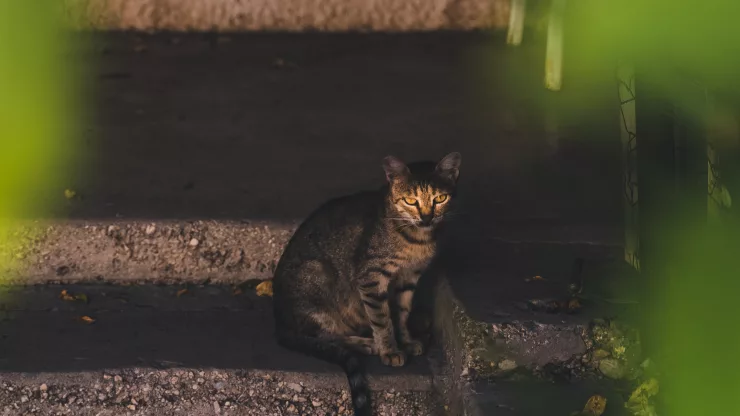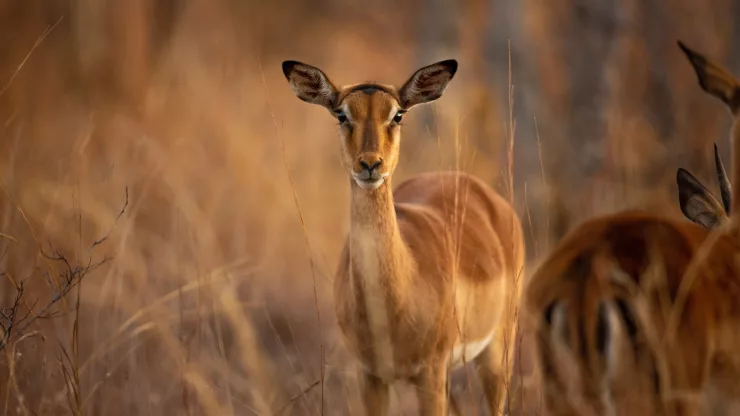Jump to Section
Urban Hunters: Champions of Wildlife Conservation
Wildlife conservation is a crucial issue that requires urgent attention and action.
Many hunters and conservationists believe that urban hunting can play a vital role in preserving and managing wildlife populations.
Urban hunting involves hunting animals within the limits of urban and suburban areas, which can help control overpopulation and preserve natural habitats.
In this article, we will discuss the crucial role of urban hunters in wildlife conservation and how ethical hunting practices can help maintain a sustainable balance between humans and wildlife.
How Urban Hunting Helps Control Overpopulation
Urbanization has led to the destruction of natural habitats, resulting in the displacement of wild animals.
As a result, many animals have migrated to urban and suburban areas, leading to overpopulation and conflicts with humans.
Urban hunting provides a solution to this problem by controlling overpopulation and preserving natural habitats. Here are some ways in which urban hunting helps control overpopulation:
- It reduces the competition for resources, such as food and water, which can be scarce in urban areas.
- It prevents the spread of diseases that can be transmitted from animals to humans, such as rabies and Lyme disease.
- It helps maintain a healthy balance between predator and prey populations, which is essential for the survival of many species.
The Importance of Ethical Hunting Practices
Hunting should always be done ethically and responsibly. Urban hunting is no exception.
Hunters must follow strict ethical guidelines to ensure that they do not harm animals unnecessarily. Here are some ethical hunting practices:
- Hunters must obtain the necessary permits and licenses before hunting.
- They must use appropriate weapons and ammunition that can kill animals quickly and humanely.
- They must avoid hunting endangered species or animals that are protected by law.
- They must respect private property and obtain permission from landowners before hunting.
- They must dispose of animal carcasses responsibly and avoid wastage.
Urban Hunting: A Sustainable Solution for Wildlife Preservation
Urban hunting is a sustainable solution for wildlife preservation and management.
It provides an opportunity for hunters and conservationists to work together to maintain healthy wildlife populations while preserving natural habitats.
Here are some benefits of urban hunting:
- It helps reduce the financial burden on local governments to manage wildlife populations.
- It generates revenue for local economies through hunting fees and taxes.
- It promotes wildlife conservation and education among hunters and the general public.
- It helps maintain a healthy balance between humans and wildlife.
In conclusion, urban hunting plays a vital role in wildlife conservation. It provides a sustainable solution to control overpopulation and preserve natural habitats.
However, ethical hunting practices must be followed to ensure that animals are not harmed unnecessarily.
Urban hunting can be a win-win situation for hunters and conservationists if done responsibly and sustainably.
FAQ
How does urban hunting differ from traditional hunting?
Urban hunting involves hunting animals within the limits of urban and suburban areas, while traditional hunting takes place in rural areas.
Urban hunting is more focused on controlling overpopulation and preserving natural habitats, while traditional hunting is more focused on recreation and obtaining food.
Is urban hunting legal?
Urban hunting is legal in many states, but hunters must obtain the necessary permits and licenses before hunting.
They must also follow strict ethical guidelines to ensure that they do not harm animals unnecessarily.
What are some safety precautions for urban hunting?
Hunters must ensure that they have proper permission to hunt on private property and avoid hunting near residential areas.
They must also wear appropriate clothing and use proper weapons and ammunition to avoid accidents.
Finally, they must dispose of animal carcasses responsibly to avoid attracting predators and scavengers.
I’m a nature enthusiast and creator of Metro Wilds and have spent years exploring the great outdoors.
With a passion for environmental conservation and sustainability, I have dedicated my career to writing about the beauty and wonders of nature, as well as the threats facing our planet.
Contact me at [email protected] for assistance.





